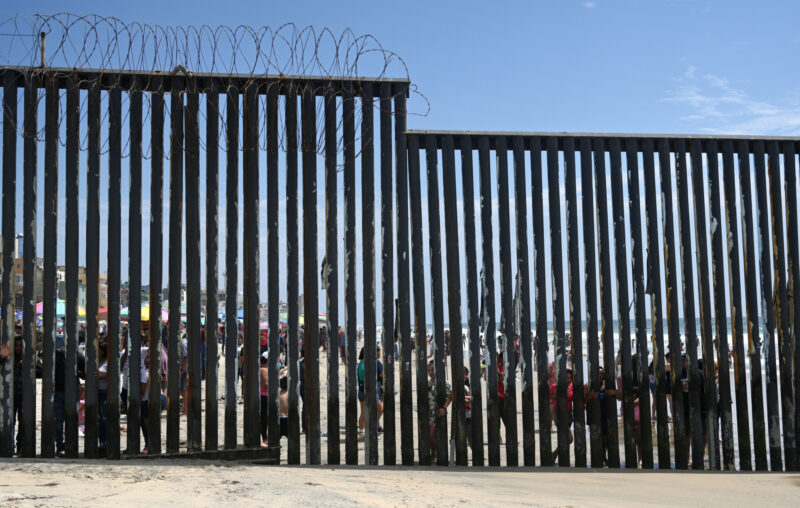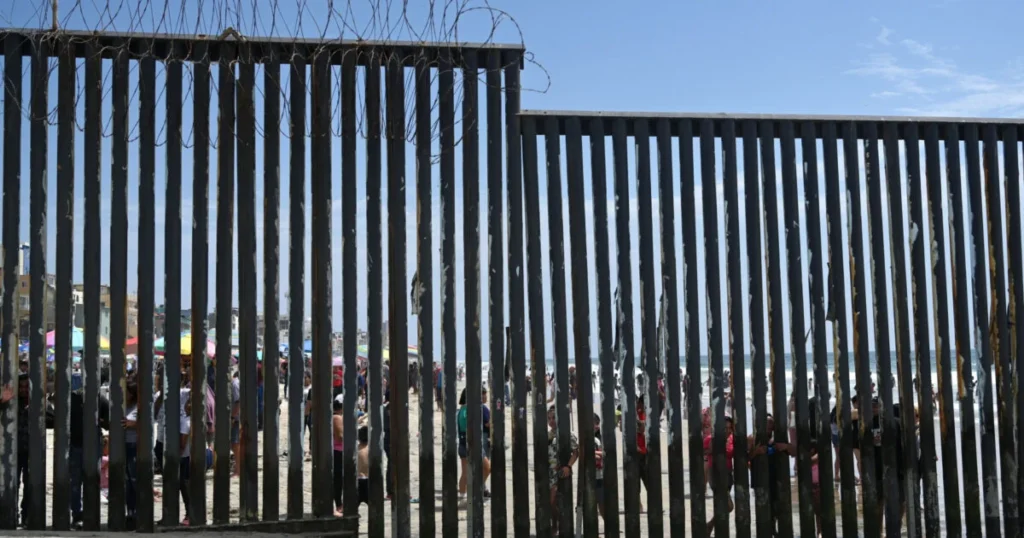

It is fashionable in academia and fashionable intellectual circles to blame global poverty on wealthy Westerners, or to blame national poverty on wealthy Americans. Rich people bear much of the blame for poverty, but not for the reasons you think.
It is worth reconsidering why wealthy Westerners share so much of the blame for poverty. It's not because our standard of living is high. Rather, we eagerly embrace immigration restrictions that make it harder for people to move to where labor is most valuable, and tariffs that devalue labor by reducing its customer base, and in the process. Because we are worsening our own position. President Biden announced in October 2023 that he plans to restart construction of the border wall, which he promised to halt during his presidential bid. We shouldn't be blamed for being wealthy. We are to blame because we refuse to let foreigners make us even richer by trading with them.
People attribute the desires of the many to the luxuries of the few. This is false zero-sum thinking, which assumes that there is only a certain amount of something everywhere at any given time. According to this reasoning, the fact that I have it indicates that others do not have it. When I drink a can of club soda or soda, someone gets thirsty. My luxury causes their want. Even if that's true, it's only true in the very short term. People don't have much because production is low. It is true that you can redistribute everything and significantly raise the living standards of the poor, but you can only do it once (and even if you did, the same inequality would arise immediately). To begin with, periodic confiscation and redistribution do not provide strong incentives for people to invest and produce in large quantities. In a commercial society, one person's wealth does not cause another person's poverty. Things get a little more complicated when the rich person is a lord who gets richer by taxing the peasants.
A related argument suggests that global capital owes our high standard of living to the low standard of living of farmers and factory workers in poor countries. On social media, people regularly explain how only a small portion of the price of a chocolate bar goes to chocolate farmers, or how people around the world make textiles in appalling conditions (by Western standards). You may come across claims that you can buy fabric cheaply because there are. There is another, more accurate explanation. First, the chocolate example shows how little of the value added to a bar of chocolate comes from the cultivation of the chocolate, rather than from processes such as shipping, processing, and marketing. Second, the poor conditions in “sweatshops” are due to a combination of low worker productivity and inferior alternatives. It seems strange (and morally dubious) to suggest, as Paul Hein has argued, that we have an obligation to refrain from offering them any slightly better alternative.
A few sentences ago, I wrote that (some) people don't have much because they produce less. It's not due to a birth defect. This is because of the incentives they face in the society in which they live. Improving people's productivity is a laudable goal, but it has a checkered history. The real gains come from people moving to places where their labor is more valuable, and that's in high-income countries like the United States. The problem is that we wealthy Westerners won't let them come. By building walls and saying, “Foreigners are not allowed,'' we are forcing them into a life of low productivity and the poverty that comes with it. Kicker? In the process we impoverish ourselves. We impoverish ourselves by preventing markets from functioning, and as a result we leave others poor.
At the end of 2020, I expressed a desire to roll back border socialism. These policies are one of the main reasons why people in low-income countries continue to “enjoy” low incomes. If we allow them to immigrate to the United States, they may remain poor by American standards, but rich by world standards.
There is another interesting consideration here. Adam Smith famously wrote that the division of labor is limited by the scope of the market. Immigration and trade restrictions intentionally limit the scope of markets. A small market means less specialization and a shoddy division of labor, which means our situation online is worse. Although some people may be better off with such policies (which is why they support them), their net gains are smaller than the net losses of the rest.
This is especially true in the long run. The larger the market, the more fragmented the division of labor and the more fragmented knowledge. In “The Use of Knowledge in Society,'' F.A. Hayek quotes Alfred North Whitehead: “Civilization advances by increasing the number of important operations that we can perform without thinking.'' I am. Thanks to the division of knowledge, I can write articles like this using machines I couldn't design, software I couldn't write, and I don't have to think about any of these things. Knowledge is widely distributed socially, which allows me to focus on composing.
In the left-wing version of the popular imagination, wealthy Westerners are wealthy because we exploit poor people in other parts of the world. We bear a lot of responsibility for the world's poverty, but it's not because of theft or exploitation. Rather, we have no room for criticism because policies like immigration restrictions actively and coercively prevent people around the world from immigrating to more productive places and improving their lives. There is.
Brian Caplan made this point in a 2019 talk.Poverty: Who to blame?” at the Institute of Economic Research.


